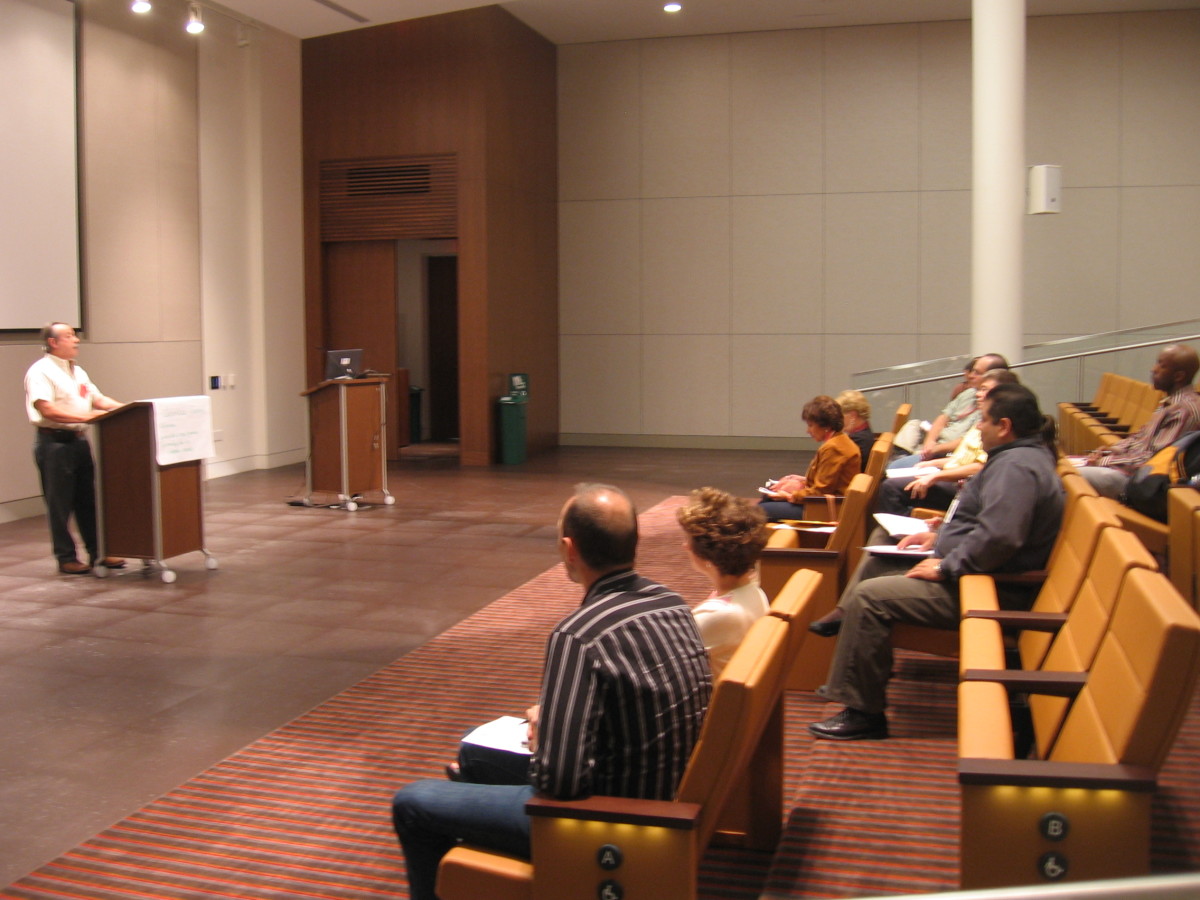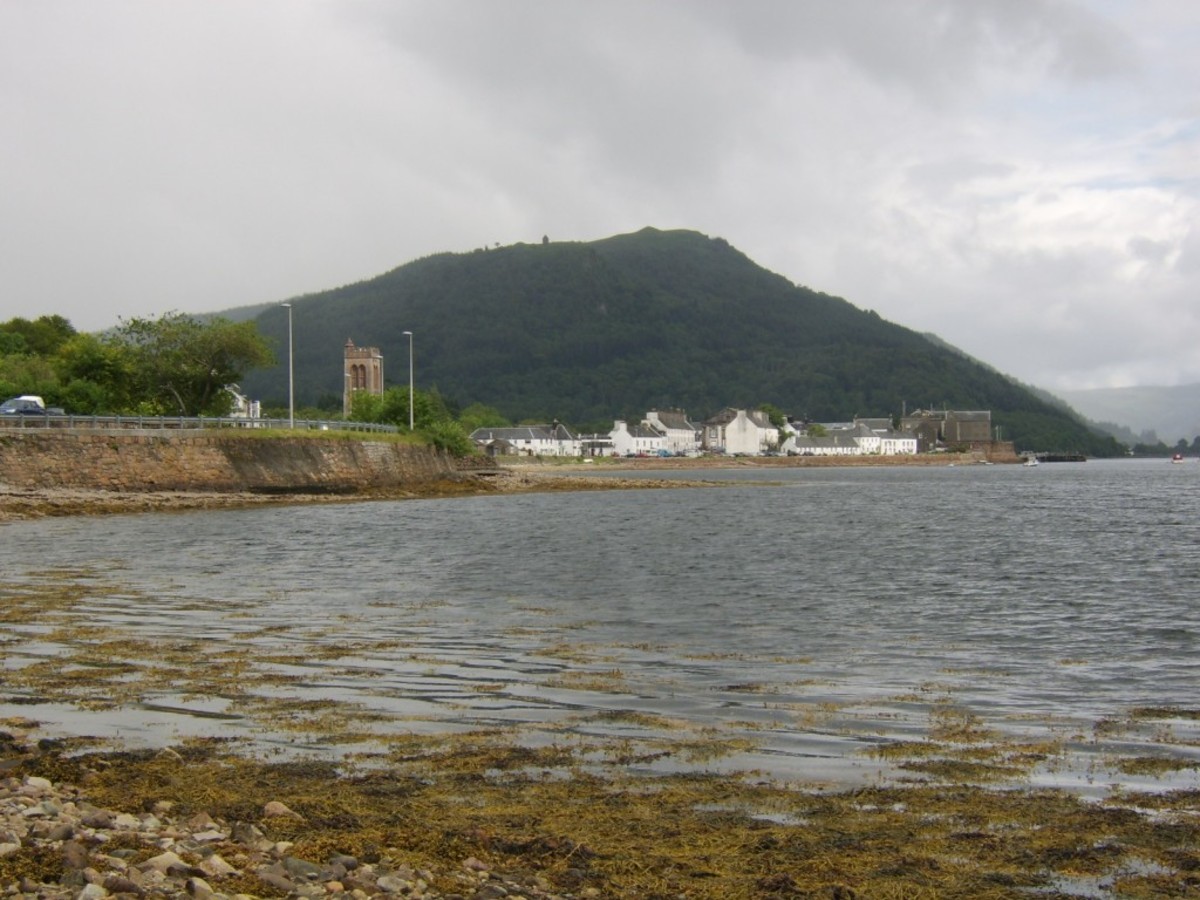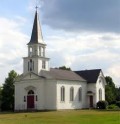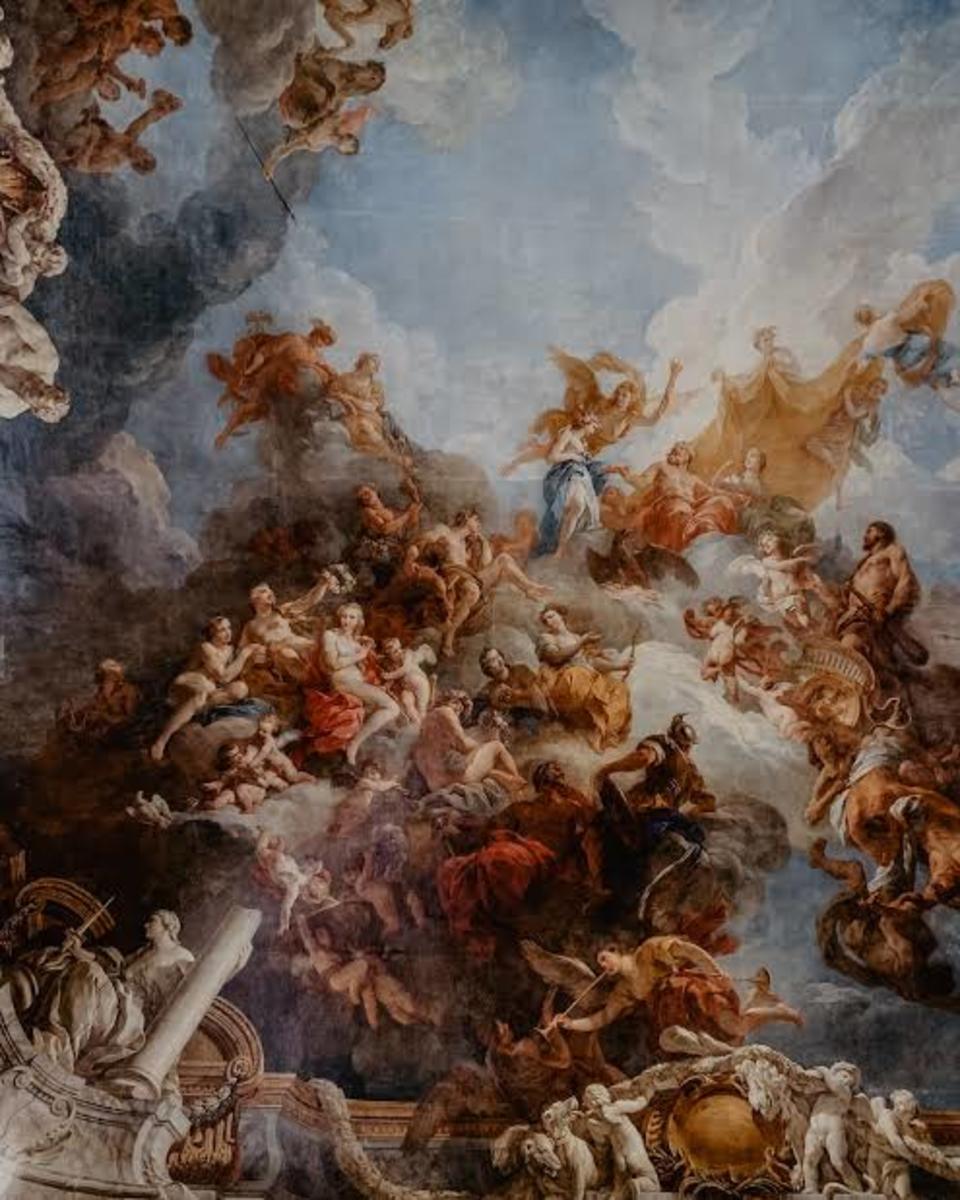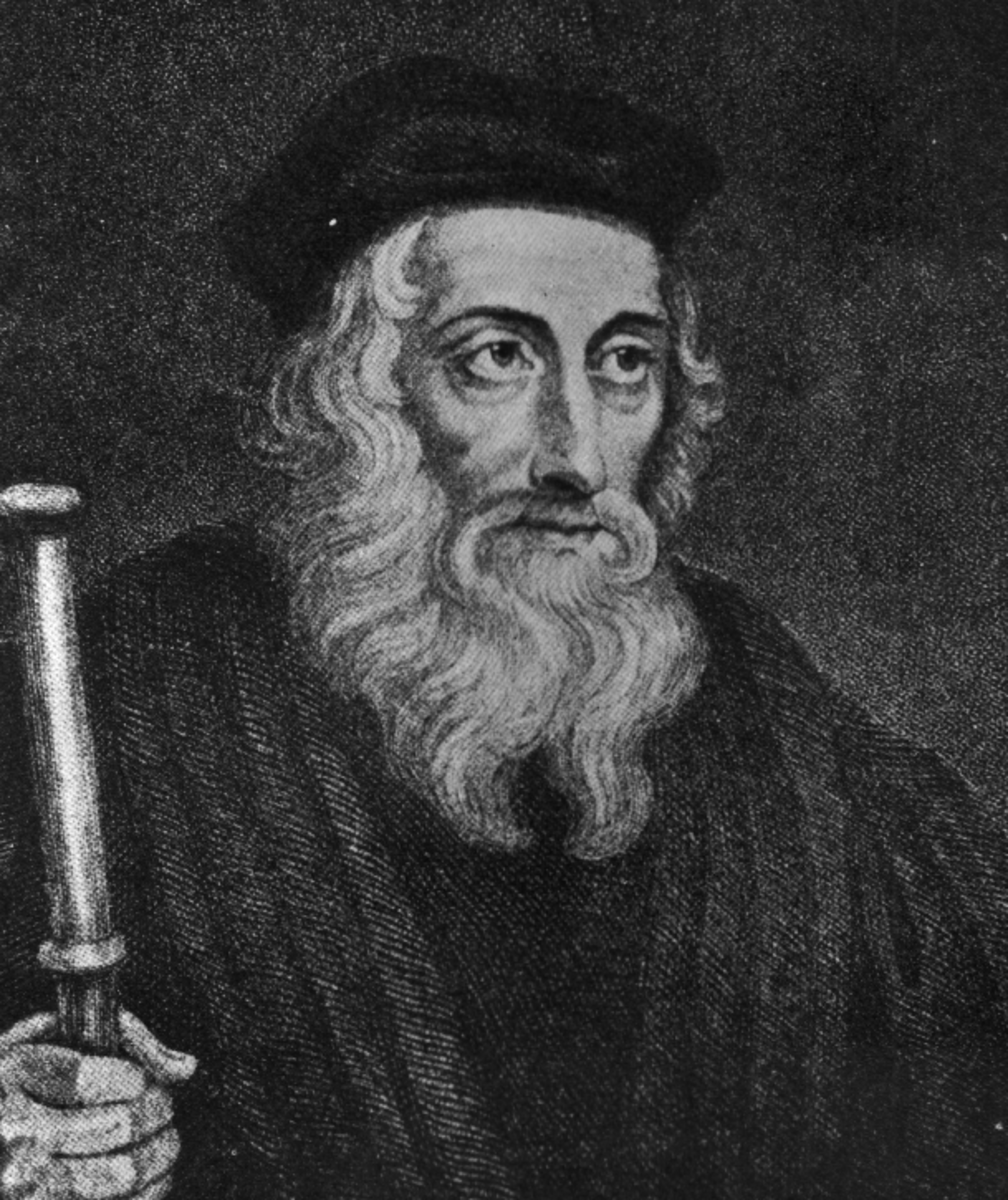Leaders of the Keswick Convention - 2
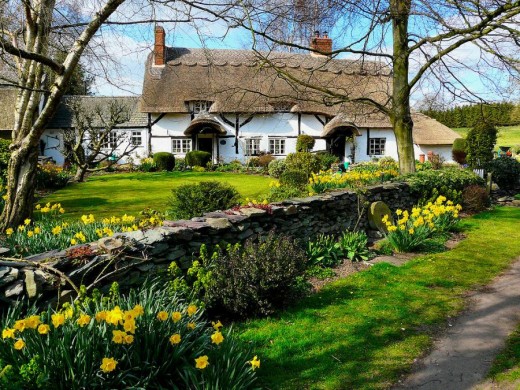
This is the continuation of the account by J. Elder Cumming on the Founders and Leaders of the Keswick Movement. Here he talks about George MacGregor, a Scotsman, and a speaker at the early Keswick Conventions for ten years, from the age of 26 upto the age of 36 years. He died at 36. He talks also about Robert Wilson, who was co-founder of the Keswick Convention, along with Canon Battersby. When you read about happened during those glorious years, 125 to 135 years ago, you are brought at times to tears. Truly the Spirit of God moved over the island of Britain, and many were raised up for God’s glory, whose work and testimony is recorded in the annals of heaven. – Pratonix.
Regarding J. Elder Cumming, I just have to note a few things:
i. He contended that "in almost every case the beginning of new blessing is a new revelation of the character of God - more beautiful, more wonderful, more precious."
ii. He was born in Greenock, Scotland; was destined by his father for the profession of law, but his own desires turned towards the church, and after studying at Glasgow University he was, at the age of 23, ordained minister of the historic Parish Church of St. John at Perth. Six years later he removed to Newington, Edinburgh, and during his eleven years there the membership of the congregation increased to 1,300. In 1871 he succeeded Dr. Macduff in Sandyford Parish, Glasgow, a charge which he continued to hold for thirty-two years.
iii. There was an older Rev. Dr. Cumming in London at the time, a somewhat celebrated man. who showed some signs of resenting another of the name receiving the dignity. At a certain meeting he took occasion to ask the later recipient of the honour - "Are you the new Dr. Cumming?" To this the other replied, "I am the 'Elder' Cumming, from which I infer you must be the younger." Then, seeing a shade cross the face of his addresser he hastened to add - "But contraries are not always true, otherwise, as you are the famous Dr. Cumming, I must be the infamous one." A hearty laugh ensued, and the two became the best of friends.
iv. He was the first to propose the abolition of patronage in the Church of Scotland. After an eight years' struggle the Act was carried in 1874. He has been the author of a number of works. His first production was "Abba Father," a dissertation on the Lord's Prayer. Next came an important volume on "The Church of Scotland," and later he wrote "Old Margaret," "Through the Eternal Spirit," "After the Spirit," "Scripture Photographs," "Holy Men of God," "Consecrated Work," and "He Chose Twelve," an outline sketch of the twelve Apostles; and then three volumes of a Devotional Commentary on the Psalms, and one volume on the Book of Esther.
v. Scotland has brought forth many great men of God, and surely J. Elder Cumming was one of them. I would be glad to read his books! But then, the best books are never available in the bookshops or on the Internet. They are usually out of print! - Pratonix.
Founders and Leaders of the Keswick Convention
Another name which I have been asked not to omit is that of George MacGregor. At no time has the number of Scotchmen on Keswick platforms been great ; and to find there the name of a young Free Church minister, and of one born and bred in the Highlands, and in “the Black Isle” above all, astonished not a few who knew.
He came there a young man – I heard the story from his own lips. At the first Aberdeen Convention Mr. Evan Hopkins and I were living together, and early in the week came Mr. MacGregor to spend an afternoon with us in our hospitable quarters. I forget what took him to Keswick at first ; but the argument which he afterwards used to induce his brother ministers of the Presbytery to attend there was that the week would furnish them with a full six-month list of new texts and of fresh light upon them, a circumstance which none of them would despise!
Then he told us how deeply he had himself been impressed and convicted, spending, I think, almost a sleepless night in mourning before God, recalling past thoughts and stories heard by him which Satan had prepared before hand to tempt and injure him as long as he lived. He told how all had been cast on God, and how the personal experience of Canon Battersby had gone home to the quick. From that time on to the close of his short life he did noble service. His early training in the Highlands fitted him for very special influence among men of his own Church and class. He had one of the most patient intellects, which was never satisfied till he had gone step by step through a difficult question, never shirking a difficulty. I remember a long talk for two hours in my own Glasgow house, where I went under a cross-examination on a branch of the subject, such as perhaps I never passed through before or since. And on the last occasion of our meeting when, at Ballater, he took tea with us and I went on over the hill with him towards Braemar, we had another of those deep and careful theological talks, of which he was so fond. I saw the MS. of his first book before it was sent to the Press, and have a most interesting letter on the subject ; and time after time heard his searching, simple, but solemn and powerful addresses. The “Memoir” does not, in my opinion, do justice to this side of his character and influence. Even his books do not quite do him justice. But a selection of his addresses, could it be still given, would be well worth printing. It is one of the events in Providence which we fail fully to understand, that such a man should be taken after so short a career. I fear that “overwork” was here again the temptation which a zealous spirit could not resist ! He died in 1900, on the 3rd of May, at the age of 36, after a twelve years ministry, and was heard on the platform at Keswick for ten years.
The last of the men of Keswick whom I have been told to speak of is Mr. Robert Wilson, one of the two founders of the Convention and its chairman from 1891 to 1900. I remember well an incident at Bridge of Allan, where on a wet day, three of us went to the meeting in a cab, Mr. Ferguson, of Kinmundy (my dear, accomplished, and venerable friend), Mr. R. Wilson, and myself. As the cab arrived at the door, a too audible whisper was heard from the bystanders “Look at the three old gentlemen!” I got out first, and when assisting Mr. Ferguson out, he whispered to me, “How old is our friend?” I answered that he was then 74. When Mr. Wilson was helped out he, in turn, asked me “How old is Mr. Ferguson?” I answered that I had just been asked the same question about him, and that our friend was nearly 76. I was then eight years younger than the older of the two, and six years younger than the second, and now survive them both. Mr. Wilson s characteristics were chiefly two: great strength of will and purpose, especially in resisting silently; and great sweetness of spirit. He was the selector of the Keswick motto – “All one in Christ Jesus” - and was responsible for the three flags, “Love – Joy – Peace,” which fly over the tent. His love for Prayer (and Habit of Prayer) was great, he was always finding or making excuses for special prayer, and it was very striking to mark his words when we prayed together alone. He was a great strength to Canon Battersby at the beginning of the Keswick story. It is hardly too much to say that without Mr. Wilson s support and brave backing, there would have been no story at all. At all events, the two friends stood side by side, and were at one. I have copies of three letters from the Canon to his friend in the opening year, 1875. On the 9th March of that year, he writes to say, “I am inviting Mr. R. P. S.* (the initials are in the letter) to Keswick for the middle of the month of June. I do not know in the least what his engagements are, or whether he will be able to come ; but I have projected a series of meetings in Cumberland and think that the time named would be the best, as then Keswick would only be partially filled with visitors. (*R.P.S. stands for Robert Pearsall Smith - Pratonix.) As there would be considerable expenses connected with such a gathering, I should not of course make any definite arrangements without agreement with others. It may be that you have already, in concert with Kendal friends, been arranging for something in Westmoreland, if so we might combine, and try to get together a numerous assemblage to look for, and wait for a blessing at God’s hands. I believe that many are prepared to profit by such an opportunity if it were given. Pray write a line to say what you think. It appears to me that Keswick would be a very suitable place ; but, if there is a better, I should be willing to yield.”
Within a fortnight there is a second letter, also dated from Cimiez (March 22nd): “Your welcome letter was an encouragement to me in endeavouring to carry out the project framed in my last. The same post brought me also one from (the proposed chairman, who was still uncertain whether he could attend). We are not very well off for public rooms at Keswick. There are indeed several of a modest size, but the largest (the Oddfellows’ Hall) will not hold more than from 300 to 400 people. I had thought of a large tent (the Diocesan Tent) as the best place of meeting if the weather were at all suitable ; but we must remember that the object of the meetings would be to promote the full sanctification of believers, and that the numbers likely to gather for this purpose might not be so large, except indeed that it is likely that many would be attracted from a distance. I hope that we should have a good contingent from Kendal. Let us commit the matter to the Lord, in faith that if He approves of it, He will give us His warrant to proceed, and if not, He will let us see that it is so.”
These extracts, I think, cannot but be interesting to all who have been among the crowds who have in recent years gathered at the Keswick Convention. They do not indicate any expectation or foresight of what the future had to bring, and we read with the greater interest of the doubts and difficulties as they rise and are disposed of. A third letter tells that the first meeting, which was held in a large tent, hired for the purpose, for three days, cost a sum of “some £76” beyond the funds collected; and though I have been warned that this is “not for publication,” I venture to record that this sum was contributed by Mr. Robert Wilson and the late Mr. George Moore, and that Canon Battersby was not permitted to share the loss. I record this the more willingly because a very similar fact took place in Glasgow when a Convention was established there, and the clerical members of committee were not allowed to take part in making good the deficiency.
One looks back to many occasions when Mr. Wilson was either a guest in my own house, or when we were fellow-guests elsewhere at Polmont, for instance, or at Bridge of Allan. As I have stated already, Canon Battersby died at the opening of my second year at Keswick; and though Mr. Bowker succeeded as Chairman there, yet at many other Conventions Mr. Wilson acted as Chairman, and it was my happy lot to be often with him, to see much of the inner life, to be consulted about any difficulties, and to hear of any new movements. Nothing is more delightful than the memories which such meetings have left. Perhaps those at Polmont afforded the fullest scope for intercourse. He was in the habit of going there some days before the meetings, and one was often tempted to lengthen one’s stay to be the longer with him. The late dear Mr. Livingstone-Learmouth and his wife and family were most highly esteemed by him and by all who went to those blessed meetings.
The cloud of sorrow gathered over Mr. Wilson’s head during his labours as Treasurer and afterwards as Chairman. The death of his eldest son, and of his own wife, whom one remembers almost as a dream, full of grace and of kindness, a loss which was never made up to him, and left a large solitude within, were followed in late years by increasing feebleness. And then came a mysterious malady rarely met with, though well known to medical students a species of dumbness, in which even the shortest words were spoken with great difficulty and others not at all. It, of course, made speaking in public impossible. For a year or two, he gathered a few of the speakers from Keswick to his table, two or three at a time; and how touching, how tragic, and how beautiful it was to meet and see him, I could not say. The trouble went on increasing, though he was still able to walk about the grounds at Broughton Grange. He spent the days almost always alone, his sons leaving in the morning and returning by evening. One day in June, 1905, he had his lonely luncheon in the dining-room ; as he was longer than usual in ringing for the maid, she went in to find the reason ; he was seated at the table, near his plate, but something in the attitude and the bowed head struck her ; and on approaching near, she found that he had died, as he sat, almost without a movement and without pain. “Truly, the end of that man was peace”! Who would not wish for such an end, if prepared for it, as he was?
J. ELDER CUMMING

